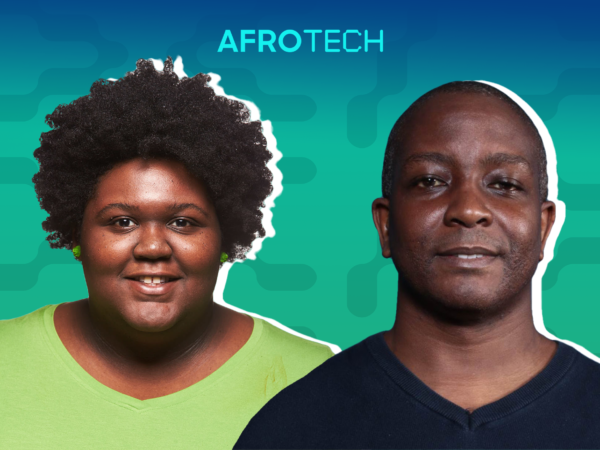This article was originally published on 05/03/2019
Over the past few years, the issue of police violence disproportionately impacting Black and brown communities has made its way back into conversations among politicians and the mainstream media. From Ferguson to Baltimore to the Movement for Black Lives, communities have continued protesting against fatal police shootings. However, the sheer number of deaths can make it almost impossible to keep track of everything.
According to Mapping Police Violence, police killed 1,147 people in 2017, and Black people made up 25% of the victims. The following year, there were only 23 days where someone wasn’t killed by the police.
Gathering information on every individual case would be nearly impossible for just one person. That’s why founders Rachel Green and Mark Nyon developed End Bias (EB) Wiki, a crowd-sourced wiki on Github containing information about people of color that die as a result of police action.
“Our goal is to provide a space where users can learn more not just about the initial incident that led to the victim’s death, but also any later activity such as legal action or a department policy change,” the founders said of their project. “Our hope is that by shining a light on these cases we can spark conversations about public safety, criminal justice, and institutional racism.”
The idea for EBWiki came after Walter Scott was fatally shot by police officer Michael Slager in North Charleston, S.C. in 2015. Reuters reported that Slager was accused of staging the scene by planting a Taser near Scott’s body to justify the shooting.

Nyon — a senior software engineer at 2U, Inc. — was in an online community called “Black In Technology” who watched and discussed the video together. He described seeing Slager planting evidence as a kind of an “Aha moment”, because “it was video evidence of things that we’ve been saying were happening for years.”
“But even though the news and social media had advanced to the point where there’s a lot of evidence of these things occurring, there was not a place where one could hold the memories,” Nyon said. “So, the idea came to us. Well, why don’t we create a place to do that?”
Green— a web developer with experience in building B2B, e-commerce, and enterprise applications — says the project and its mission are extremely personal for both founders.
“It’s just a different level when it’s somebody in your city, your own town, you know. Or even, unfortunately, we do have some children. And I say children as in 6, 12, 15. They can’t even go dancing or graduate high school yet,” Green said. “And you think, well, they haven’t even had a chance to live life. It’s different when you recognize that.”
EBWiki is unique because it leverages the collaborative nature of open software development. The site currently has information on a little over 3,400 cases — which people can search by state, name, city, or other keywords.
Anyone who registers as a user is able to add to a particular page or create a new one, and that information is checked over to ensure accuracy. At the moment, there are 515 registered users. The team is working on augmenting their verification process to compile a list of sources that people can consult, too.
Green explained that the site was intentionally developed so people didn’t need a coding background to get involved.

“If you do have some kind of coding background or you’re interested in maybe more of the technological aspect, we do have opportunities,” Green shared. “For example, if you want to work on some parts of the design for the site or you’re like hey, I’d like to write instructions on how people can edit this or add that, we’re always happy to have technical writing as well.”
The two founders want to continue expanding EBWiki. They plan to put out a call to action to reach 4,000 cases documented on the site by July 1st. They are also looking to see what kind of useful data can be gathered from the site, such as looking at how many cases involve homeless people or other relevant information.
In addition, Green said that people can stay engaged by following EBWiki on Twitter, where they explore other aspects of police brutality and more.
Information around police shootings can be riddled with biases, especially when the victim is Black. By harnessing community knowledge and power, Green and Nyon have developed a website that alters how these cases are archived and discussed — both on and offline.

